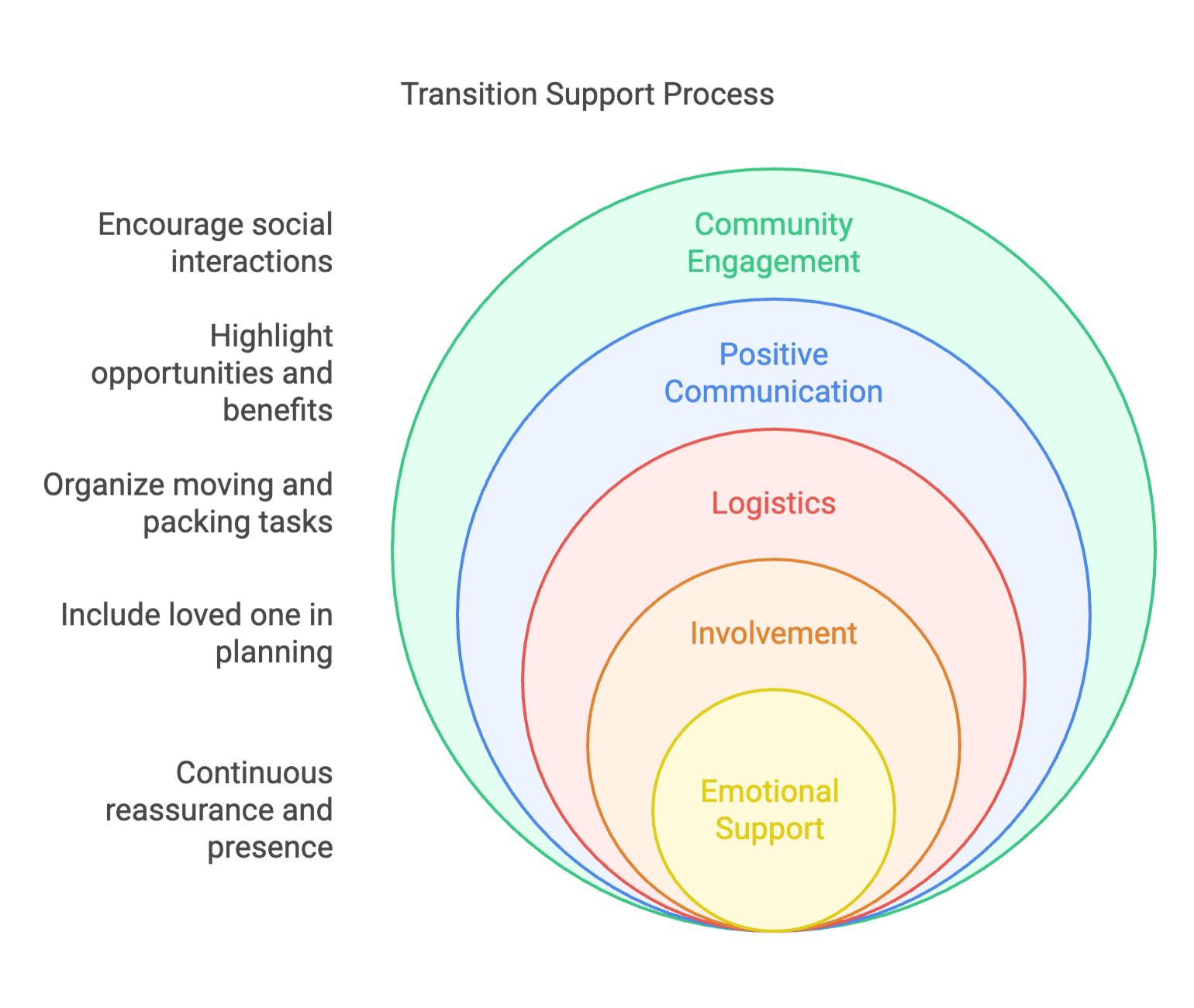Finding the right senior care solutions for a loved one can be one of the most challenging responsibilities families face. With numerous options available, it might not be easy to choose the most suitable care solution for the seniors in your life.
The ideal solution should support your loved one’s health and comfort and enhance their quality of life. Evaluate the available resources and options to empower you to make informed decisions. Read on to explore various aspects that will aid in selecting the most suitable senior care solutions for your family member.
Individual Needs and Preferences
The first step in finding the right senior care solution is assessing your loved one’s individual needs. This assessment should encompass physical, emotional, and social aspects of their well-being. Document any medical diagnoses that require special attention or consideration, such as mobility issues, chronic illnesses, or cognitive impairments.
See how they relationship themselves with daily activities to have a better grasp of whether they need assistance with basic tasks like bathing, dressing, or meal preparation. Engaging in open discussions with your loved one can yield valuable information about their preferences and comfort levels. Consider their social needs, as many seniors thrive on companionship and social interaction.
Different Types of Care Options
Senior care solutions generally fall into several categories, including in-home care, assisted living, nursing homes, and memory care facilities. In-home care typically involves caregivers assisting seniors in their own homes with activities of daily living, allowing for a familiar environment. Assisted living facilities offer a more community-oriented approach, giving residents access to various activities and provide with daily tasks. These settings promote independence and ensure that medical and personal needs are met.
In contrast, nursing homes provide higher levels of medical intervention and support, making them a fitting choice for individuals with serious health issues. Memory care facilities specifically cater to individuals with memory disorders, offering tailored care and secure environments. Look into a facility with over 200 senior care advisors that offer the most suitable care options for their patients. The selection of the right option will depend on your loved one’s specific needs, preferences, and overall health condition.
Costs and Budgeting
Depending on the type of care selected, costs may not be the same. In-home care may be less expensive than an assisted living facility, but the required level of care may be the deciding factor. Many facilities implement tiered pricing strategies based on the level of assistance needed by each resident.
Before commencing your search, establish a realistic budget that considers both immediate and long-term care costs. Investigate insurance options, including Medicare and Medicaid, for financial relief. In some cases, long-term care insurance may also cover ongoing expenses. Take the time to understand costs to make informed decisions that align with your budgetary goals.
In-Person Visits
Pay attention to the cleanliness, safety measures, and overall atmosphere of each facility. Monitor how staff members interact with residents, looking for signs of compassion, respect, and attentiveness. When touring assisted living or nursing homes, inquire about amenities, daily activities, meal options, and medical services available to residents.
Engage with current residents and their families to provide authentic insights into the quality of care and overall environment. This firsthand account can help paint a clearer picture of what to expect. Develop a list of questions tailored to your loved one’s specific needs during these visits. Make sure that you understand the facility’s approach to emergencies and transfers, as well as how they maintain resident safety and comfort.
Loved One Involvement
During this transitional phase, open discussions about care preferences will ensure that they feel heard and respected. Consider their feelings about different types of care and facilities, navigating their concerns with empathy. Encouraging your loved one to express their thoughts will often lead to valuable insights regarding the kind of environment they would prefer or specific activities they enjoy.
When you ensure that their preferences are incorporated into the search, you foster a supportive atmosphere that acknowledges their autonomy. It may also be beneficial to schedule tours together, allowing them to experience potential options firsthand. Open communication as a family will nourish the emotional bonds and respect while making an often stressful situation a little easier to manage.
Make the Transition
Now that a decision has been made, navigating the transition can be a complex process. Approach this stage with sensitivity and patience. Prepare your loved one for the changes by discussing the upcoming move in a positive light, highlighting opportunities for social interactions and new activities.
The logistics of the transition should be meticulously planned: organize moving days, pack personal belongings, arrange transportation, and notify relevant professionals for a seamless process. Keeping your loved one involved can ease their anxiety and help them feel that their preferences and comforts are acknowledged throughout.
As they settle into their new environment, loved ones still need continuous support. Regular visits and check-ins will provide emotional reassurance and reinforce their sense of belonging and comfort. Encourage social engagement within their new community to promote adjustment.
When considering senior care for your loved one, approach the process thoughtfully. Thorough research, patience, and collaboration can result in the perfect fit for both your family members and your family as a whole.





































